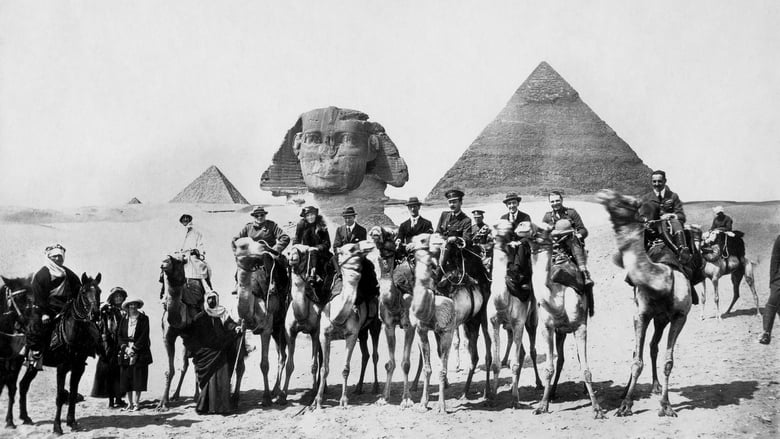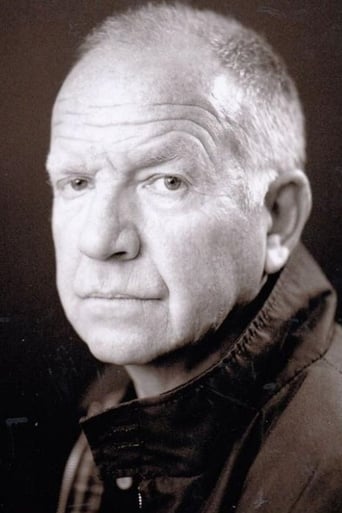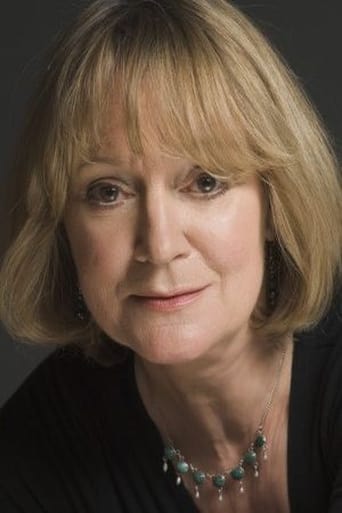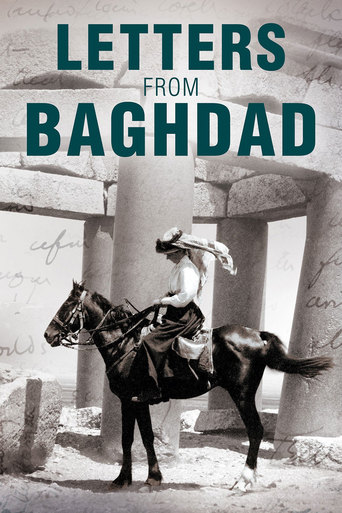
Gertrude Bell, the most powerful woman in the British Empire in her day, shaped the destiny of Iraq after WWI in ways that still reverberate today.
Similar titles
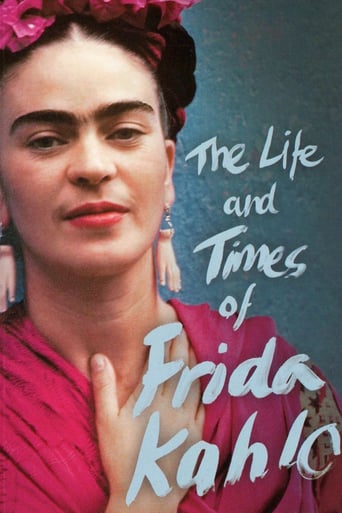
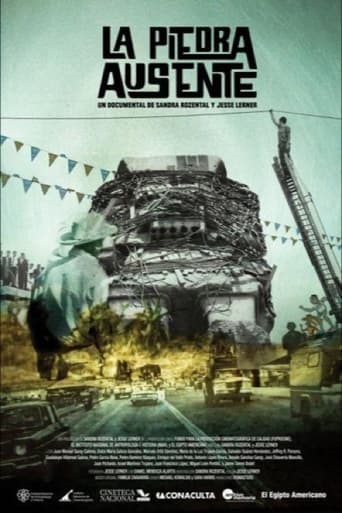

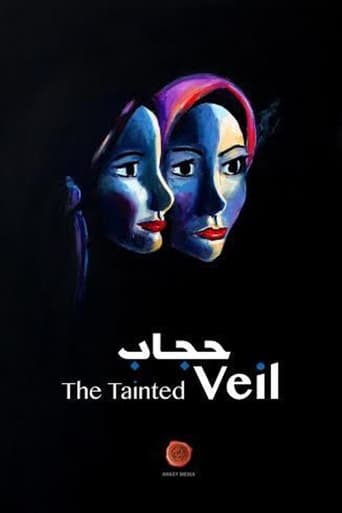

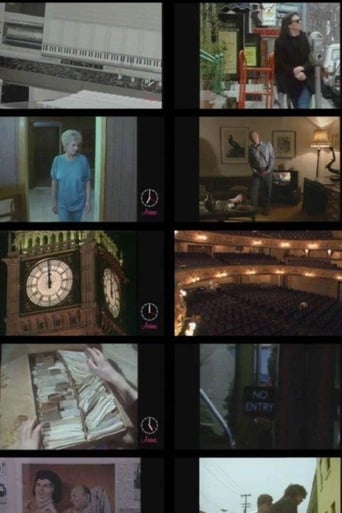
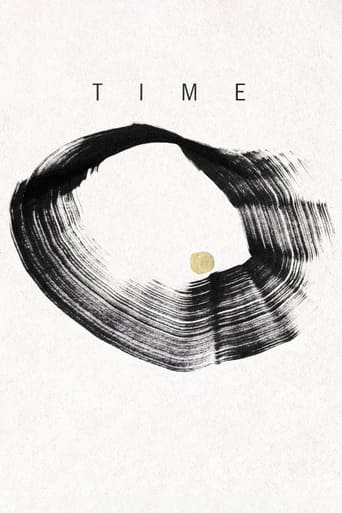
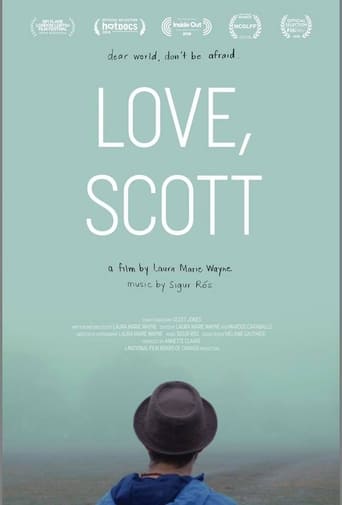
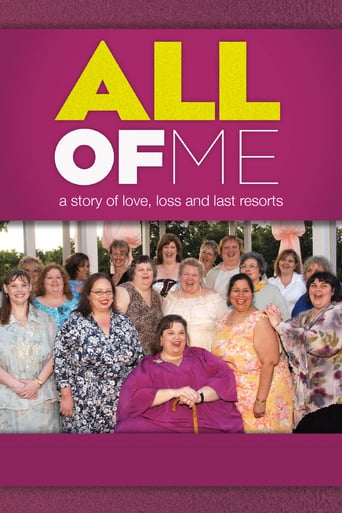
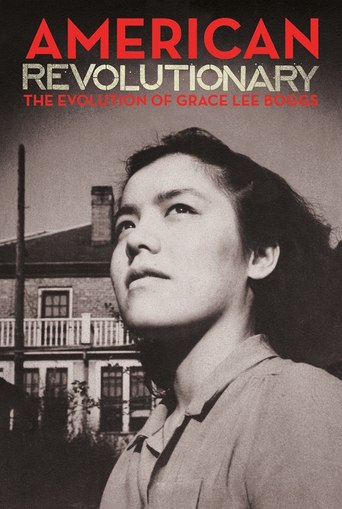
Reviews
So much average
Just what I expected
It’s an especially fun movie from a director and cast who are clearly having a good time allowing themselves to let loose.
Great movie. Not sure what people expected but I found it highly entertaining.
Long before there were guide books and people trekked through the Middle East, Gertrude Bell travelled on a camel through desert areas only inhabited by roving bandit chieftains. She kept meticulous notes of the various tribes, their relationships, and even carried an expensive transit/theodolite. She developed a very strong attachment to the area and its peoples. This was an age of great exploration, witness Col. Fawcett exploring the Amazon. What all these explorers developed was an intense and passionate interest in the places they visited. They learned the languages and studied the habits of the people.The directors tell the story of Gertrude Bell's time in Mesopotamia or modern day Iraq through her many letters. They are absolutely fascinating in that not only is her interior life and feelings revealed, but a good deal of information about the political and social conditions in the empire at that time. I believe the directors were smart to stick to the letters and make them the focus of the story. The documentary is brilliant in what it doesn't say. The viewer can make up their own minds, the information is pretty overwhelming. What I found most fascinating were the monuments and historical objects that were uncovered. They indicate far earlier and complex civilizations that had a grasp of our place in nature and in the cosmos. Bell went to great lengths to establish a museum to preserve these artifacts to man's origin. Curiously both T. E. Lawrence and Gertrude Bell both had rather violent ends. One by an untimely motorcycle accident and the other by an overdose.
Letters from Baghdad, directed by Sabine Krayenbühl and Zeva Oelbaum, handles an enormous amount of information in a calm, mostly archival portrayal of lands and times that appear exotic to Western viewers—the Middle East—today's Iran, Syria, Turkey, and Iraq. The period is approximately the turn of the twentieth century to post–World War I, and the story's lovely voice-over narrative by Tilda Swinton reading Gertrude Bell's letters home to her family in England is key to the lulling, fascinating atmosphere that Eastern music amplifies along with unending views of desert landscapes, plodding camels, teeming markets, and tribal peoples clothed in voluminous fabric and unusual hats or headdresses. Sun-drenched, boxy dwellings, palaces and mosques decorated with Islamic patterns, and abundant snapshots and scratchy film footage of the region's magnificent ruins add to the tingling ambiance. But what is it all about? Can the audience connect the dots and understand what's going on beyond Gertrude Bell's biography? For Americans, it might take more than watching the film to understand the content, for reams of history occur in the milliseconds of frames—history poignantly related to the Middle East's warring state of today. On its intellectual level, the movie's about the meddling of foreign, imperialistic, and supremacist powers in Eastern cultures.On a simpler level, this meticulously created movie portrays an educated and brilliant British aristocrat, Gertrude Bell (1868–1926), whose independence, passionate pursuit of Arab culture, and ceaseless effort to establish an independent Arab state out of Mesopotamia broke through the glass ceiling for women of her times. Her social position and Oxford education helped her, but her love for the area and her ability to integrate with its tribes, was the main reason for her success at the top level of Britain's foreign policy makers in forming modern Iraq. She worked with Churchill, T. E. Lawrence "of Arabia," Percy Cox, and numerous high commissioners during both wartime and postwar negotiations—the latter to install King Feisal as Iraq's first head. In the war period, Britain avowed it would serve only in the capacity of adviser to the future government, in return for help overthrowing the Ottoman rule. Snippets from Bell's eloquent letters to her father over the course of more than twenty years, outline these essential experiences of her life, including her love for a married military man who was killed at the Battle of Gallipoli.One can walk away with Bell's bio as the movie's take-away, and surely it is worthy, but deep, disturbing history is embedded in the film's main World War I segment, the peak of Bell's life and work. But how many American viewers know the Ottoman Empire's history in the Middle East or the "Sykes-Picot" pact that Russia, Britain, and France secretly negotiated to divvy up their respective territories of influence within the future Arab state (not unlike Stalin, Churchill, and Roosevelt carving up Eastern Europe at Yalta after the next World War). The movie employs periodic "talking heads"—people who knew Bell and share their impressions. Gilbert Clayton, Bell's colleague with the same liberal, "self-determination" views, tells us: "When the war broke out, the intelligence department realized that the Arabs were going to have a considerable influence on its outcome in the Eastern theater. Britain pledged to recognize and support an Arab state if the Arabs assisted Great Britain in the war."But instead we witness Britain's egregious betrayal of the Arabs—instead of assisting them after the war, Britain occupies them. We are shown an image of Britain's official proclamation to the Arabs stating: Our armies do not come into your cities and lands as conquerors, but as liberators.As such promises soon became obvious lies, the true believers in a sovereign Arab state, such as Bell and T. E. Lawrence, felt ashamed but had to remain loyal to their government. Although Letters from Baghdad comes across as an impartial conveyance of history and biography, it delivers the truth: We are still in the aftermath of all that World War I Middle East meddling by foreign powers. The region is still fighting for independence and self-determination. Even back then, oil was a motive for foreign intervention in the guise of help. The movie includes clips of Standard Oil aiding the Arab rebellion against the Brits, after it was clear Britain intended to control Iraq. The Americans, seeing how this rule would compromise their own interests, took the side of the rebelling Arabs. Bell wrote in a letter: "We don't know what we want to do in this country. We rushed into this business with our usual disregard for a comprehensive political scheme. Can you persuade people to take your side when you're not sure you'll be there to take theirs?" Time and again the movie reminds us that governments never learn from history.The hawkish British commissioner in charge of the new country didn't help the situation. Arab nationalist resistance rose with calls of "We want independence! Let the British leave our country!" One village refused to pay its taxes and received a warning that if it didn't pay by such and such a date, it would be bombed. It was bombed. Other villages then joined the protest until they were "terrorized into submission." An Arab journalist at the time tells us: "These were events to make humanity weep."As always in history, the informed, rational, and humane voices like Bell's, Cox's, Lawrence's, and Clayton's were ignored. Greed, power, and Western—even empire—supremacy reigned. Images of foreign diplomats in casual white on the green lawns of the properties they've requisitioned for their comfort make a strong statement. And Bell was not separate from this cohort; she dressed in finery that symbolized her position in the "empire."We leave the theater knowing that the Iraqi events of a century ago that "make humanity weep" continue today throughout the Middle East. With grace, compassion, and democratic values, Letters from Baghdad makes this point.
Well I see Gertrude Bell one of the main persons who's responsible for all the violence in the Middle East. So I don't like G.B. presented as if she was worried about the people in these regions.... I agree with Subxerogravity that wrote;So they took letters that Bell wrote and inserts from her journals and had Swinton narrate over footage from the Ottoman Empire or reenactments. Either would most likely be correct thanks to the advancements of cinematic technology of today. Adding to this are dramatization interviews with actors playing people that Bell knew in her time and could tell us about her.Think I like this better than Queen of the Desert which stared Nicole Kidman. Both movies are important to tell the story of this important woman but of course, Letters to Baghdad portrayed a real Gertrude Bell. Queen of the Desert portrayed her as being on this Pei stool (Does not help that she's being played by a hot movie star), but I like how Letters to Baghdad more so pointed out the flaws, flaws that I think help let us know the type of woman it takes to do what Bell did.
So they took letters that Bell wrote and inserts from her journals and had Swinton narrate over footage from the Ottoman Empire or reenactments. Either would most likely be correct thanks to the advancements of cinematic technology of today. Adding to this are dramatization interviews with actors playing people that Bell knew in her time and could tell us about her.Think I like this better than Queen of the Desert which stared Nicole Kidman. Both movies are important to tell the story of this important woman but of course, Letters to Baghdad portrayed a real Gertrude Bell. Queen of the Desert portrayed her as being on this pedi stool (Does not help that she's being played by a hot movie star), but I like how Letters to Baghdad more so pointed out the flaws, flaws that I think help let us know the type of woman it takes to do what Bell did.Every insightful.http://cinemagardens.com
Top Streaming Movies











